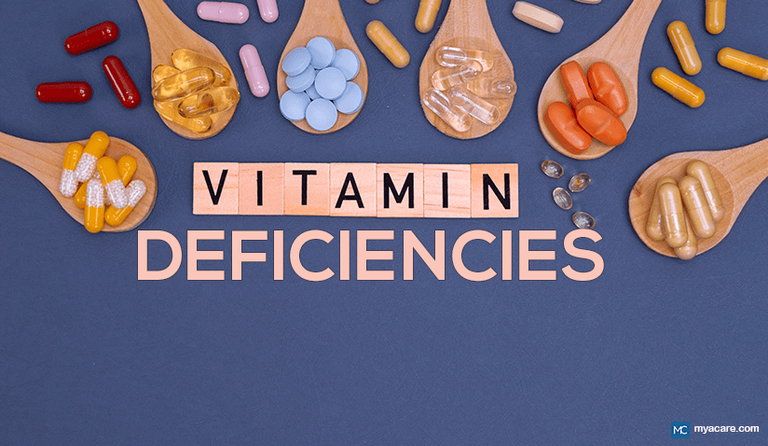Addressing vitamin deficiencies is crucial for maintaining optimal health and well-being. Vitamins play essential roles in various bodily functions, including energy metabolism, immune function, and cell repair. When deficient in certain vitamins, individuals may experience a range of symptoms that can impact overall health.
Common symptoms of vitamin deficiencies include fatigue, weakness, impaired immune function, cognitive difficulties, and skin issues. For example, vitamin D deficiency can lead to fatigue, muscle weakness, and bone pain, while vitamin C deficiency may cause easy bruising, slow wound healing, and susceptibility to infections.
Fortunately, many vitamin deficiencies can be addressed through dietary changes and supplementation. Including a variety of nutrient-rich foods in the diet is essential for obtaining adequate vitamins. For instance, vitamin C-rich foods include citrus fruits, strawberries, bell peppers, and broccoli, while sources of vitamin D include fatty fish, fortified dairy products, and sunlight exposure.
Leafy greens, nuts, seeds, and whole grains are excellent sources of various vitamins and minerals. Additionally, fortified foods and dietary supplements can help fill nutrient gaps, especially for individuals with restricted diets or increased nutrient needs.
Regular consumption of a balanced diet rich in fruits, vegetables, whole grains, and lean proteins can help prevent vitamin deficiencies and promote overall health. However, individuals experiencing persistent symptoms of vitamin deficiency should consult with a healthcare professional for proper diagnosis and treatment. A healthcare provider can recommend appropriate dietary changes, supplementation, or further medical evaluation to address vitamin deficiencies effectively.
